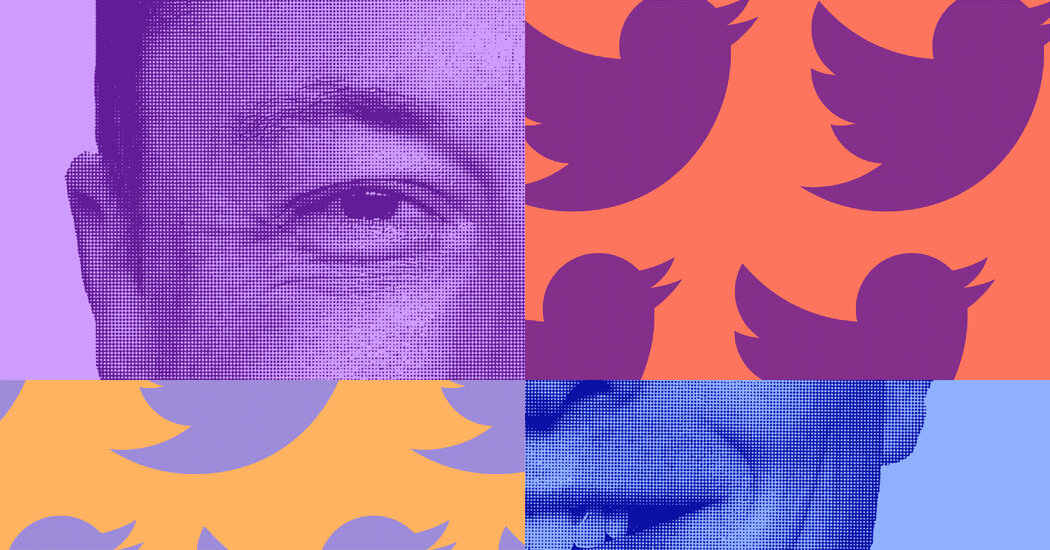Opinion | Elon Musk’s Ultimate Twitter Troll: A Takeover Bid
Questioning himself is something I have never seen Musk do (and do not expect him to start now). He likes to shoot the moon, as they say, even though this purchase stretches his own finances. But he has access to even more capital and also has a gaggle of rich friends who might like to own this unique toy. Given that most of his worth is in Tesla stock, which some view as overvalued, he could be putting shareholders at risk if he uses his holdings to finance a Twitter takeover.
Noting in his filing that he was not “playing the back-and-forth game,” Musk grandly declared in a gamelike metaphor, “I have moved straight to the end.”
What end will be the big question. On Sunday, after it was announced Musk was not joining the board of Twitter, I tweeted that “all bets are off.” And this is exactly what I think today, since it’s hard to know what someone like Musk will do at any time. When I told one of my teenage sons about the bid, he again snickered at the $54.20 price and then guessed quite seriously what might be motivating Musk: “He’s bored.”
Bored, perhaps. But not boring.
4 Questions
Cathy O’Neil is a mathematician, data scientist, author and former hedge fund quantitative analyst. She has written several books, most recently “The Shame Machine: Who Profits in the New Age of Humiliation,” in which she tallies up the cost of society’s efforts to shame one another. I’ve edited her answers.
Shame has been around since forever. So why does social media make it any worse?
Social media shrinks our notion of community down to the friends we have on Facebook, who generally speak more similarly to us than the larger community. That means when we enforce community norms through shame, those norms tend to be much more rigidly defined and tighter, leading to increased self-consciousness and anxiety. Moreover, social media algorithms feed us exactly the content that is most likely to offend and outrage us, which conditions us to lob shame toward other social media communities, even if they’re only slightly different from ours.
We actually like shaming other people; it lights up our pleasure center. So, when we shame other people on social media, we enjoy it, and then we also enjoy the retweets or likes or encouragement from our friends. It becomes a habit to be as performatively shaming as possible for the attention.
I would note that historically, shame was useful to enforce community rules: Don’t hoard food in a famine, for example. The threat of shame was existential, because if you got expelled from your community, you could actually die of exposure. That natural and healthy impulse to protect our community has been hijacked by social media algorithms to simply shame for entertainment. Moreover, the platforms do this to us because they optimize to keep us on the platform, which is correlated with clicking on ads. They manufacture shame for profit.
Check out our Latest News and Follow us at Facebook
Original Source







